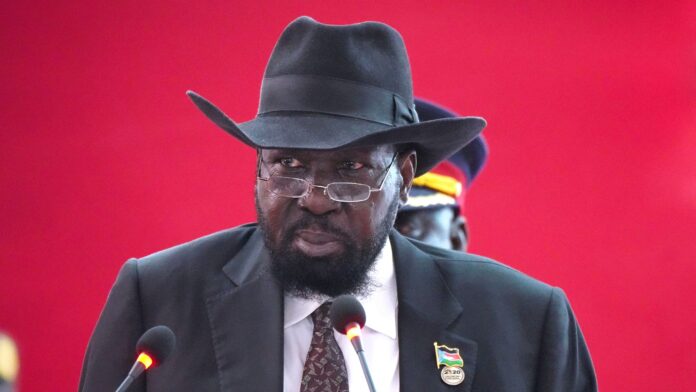
By: Ginaba Lino
The Government of the Republic of South Sudan has suspended access to Facebook and TikTok for 90 Days, effective from midnight on Wednesday, January 22, 2025. This unprecedented action has drawn significant attention and concern from the public.
According to a press statement seen by Catholic Radio, the government cited the recent violence in Wad Madani, Sudan, as the primary reason for the shutdown.
South Sudanese refugees in the region have been subjected to violent attacks, with disturbing images and videos of the atrocities shared widely on social media platforms. These graphic posts, showing the deaths of women and children, have been widely circulated, sparking outrage among the South Sudanese population.
“The Authority invokes the provisions of sections 9(g)(f) and 34(6) of the National Communication Act 2012. By this order, all internet service providers are directed to block access to social media platforms effective from midnight on January 22, 2025, for a maximum of 90 days,” said Napoleon Adok Gai, Director General of the National Communication Authority (NCA).
Gai further added that the suspension could be lifted sooner if the situation stabilizes. “These contents violate local laws and pose a significant threat to public safety and mental health, especially among vulnerable groups,” Gai explained.
This move marks the first time in South Sudan’s history that the government has blocked access to social media, sparking a wave of criticism from citizens who view it as a violation of their right to access information and freedom of speech.
Civil Society activist Ter Manyang from the Centre for Peace and Advocacy said the move from the government violated the rights established in Articles 24 and 25 of the Transitional Constitution of South Sudan as amended.
“Article 24(1) states that every citizen has the right to freedom of expression, including the reception and dissemination of information, publication, and access to the press, without prejudice to public order, safety, or morals as prescribed by law.”
Ter said the internet is not only used to incite violence or create hate speech, as the government perceives. Many leaders belong to an older generation that does not understand the benefits of the internet.
Young people are gaining opportunities such as scholarships, communication, and workshop training through online resources. As the shutdown continues, questions remain about the broader implications for free speech and access to information in South Sudan.
